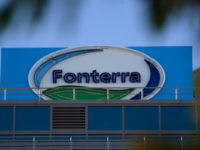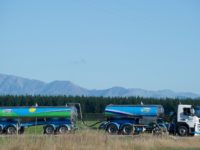
Dairy giant Fonterra has announced that NZ farmers can now avail for a new payment scheme if they meet the sustainability targets set out by the co-op.
The Co-operative Difference Payment will be up to 10 cents per kilogram of milk solids (kgMS) funded out of the Farmgate Milk Price.
“The total Farmgate Milk Price will remain the same across the Co-operative, but the amount that each individual farm is paid will vary depending on their contribution under The Co-operative Difference, in addition to the other variables, like fat and protein, which affect the amount that’s paid,” said Fonterra CEO Miles Hurrell.
He said that “the drivers of value are changing” and that customers want safe and sustainable products. Hurrell said Fonterra wants to be innovative and efficient, and that rewarding local farmers goes a long way towards helping the cooperative differentiate its milk.
Last week, Fonterra was named among 13 global dairy companies that have worsened climate pollution in the Institute of Agriculture and Trade Policy report in the US.
In 2019, the dairy giant launched The Co-operative Difference to help farmers adopt more sustainable farming practices.
The new payment will replace Farm Source Reward Dollars and will give farmers higher rewards the more they achieve in the program. The precise payment structure will be announced in the next few months which “will be no more than 10 cents per kgMS”.
“We want farmers looking to the future, and The Co-operative Difference encourages them to continue to focus on the things that will create the highest value milk. This helps us create higher value products that stand out in the global market for their New Zealand-ness and the sustainable way they’re produced,” added Hurell.















